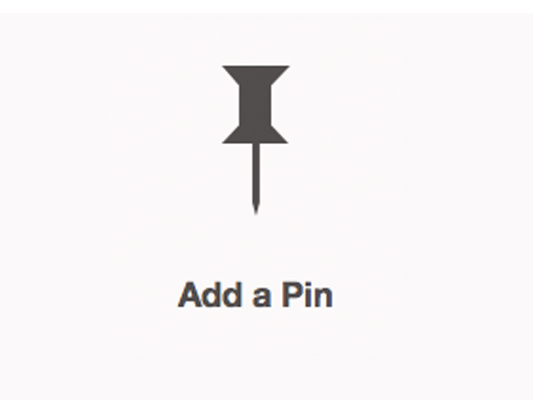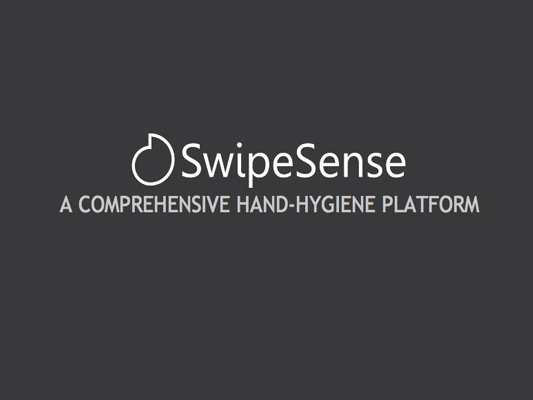Following up on this week’s article on Hackerest (an interesting trademark issue, by the way), I thought it might be worthwhile to take a look at the copyright law implications of these types of sites.
Federal laws provide a “safe harbor” for internet service providers who are not directly responsible for the unauthorized appearance of copyrighted images and content on their websites. This (for now) is what sites like Pinterest rely on as a matter of their existence. Oversimplifying, as long as they have in place adequate notice provisions and take-down policies (and actually adhere to them), they generally won’t be liable for any copyright infringement that occurs on their sites.
But, of course, we all remember what happened with Napster and its progeny. And we all know that file sharing sites are generally “frowned upon” as the rogue underbelly of the Internet. This is because even where a company doesn’t participate in direct copyright infringement, it can still be held liable for contributory copyright infringement if it knowingly facilitates direct copyright infringement by others. When infringement on a site becomes pervasive, it gets pretty hard for the host to claim that it doesn’t know any infringement is going on.
Now, if you’re getting an uneasy feeling in your stomach, it’s probably because you’re starting to get the sense that, at least once, you’ve done something wrong. I won’t say don’t worry, but at least rest assured that you’re not alone. Many people do not realize that images and other content on the web are proprietary, much less the scope of rights that copyright owners possess.
Long story short, just because something is “available” on the Internet doesn’t mean you can copy it or use it with impunity. Citing the source won’t do you any good–copying without authorization is still copying without authorization. Sure, old materials are in the public domain, and some sites’ terms of use grant free licenses to copy and redistribute, but these exceptions do not apply to the vast majority of the unfathomable amount of content on the Internet.
All business owners and entrepreneurs should keep these rules in mind, and respect others’ rights both as a matter of principle and to keep themselves out of trouble. If you’re planning to be the next Pinterest, consider these issues, and study history’s examples, before going too far.
Image Copyright (c) 123RF Stock Photos.
This article is provided for informational purposes only, and does not constitute legal advice.









